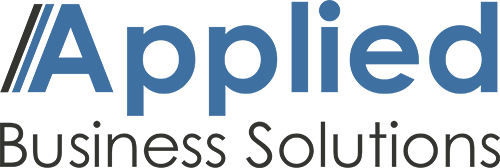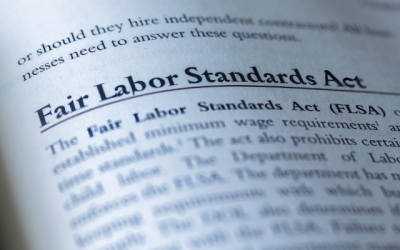In today’s litigious environment, companies of all sizes face an increased risk of employment-related lawsuits. Employees may file complaints alleging discrimination, harassment, wrongful termination, or other claims, and even the most diligent employer can face substantial legal fees and settlements. Employment Practices Liability Insurance (EPLI) can help businesses mitigate these risks and protect their assets.
What is EPLI?
EPLI is a type of liability insurance designed to cover the costs associated with employment-related lawsuits. EPLI policies typically cover claims alleging discrimination, harassment, wrongful termination, retaliation, and other employment-related claims. Policies may also cover claims filed by third parties, such as customers or vendors, alleging harassment or discrimination by an employee.
Who needs EPLI?
Any business with employees is potentially at risk for employment-related lawsuits. However, some industries face a higher risk than others. For example, businesses in industries with high turnover rates, such as retail or food service, may be at a higher risk for wrongful termination claims. Businesses that handle sensitive information, such as healthcare or financial services, may be at a higher risk for claims of discrimination or retaliation.
Even businesses with comprehensive policies and procedures in place may face claims of discrimination or harassment. EPLI can help protect against the financial impact of these lawsuits, regardless of fault.
What does EPLI cover?
EPLI policies typically cover legal fees, settlements, and judgments associated with employment-related lawsuits. Policies may also cover other costs, such as the cost of an investigation or the cost of hiring a public relations firm to manage the company’s reputation.
EPLI policies are typically written on a claims-made basis, which means that the policy must be in effect both when the alleged incident occurs and when the claim is made. Policies may also have a retroactive date, which means that claims arising from incidents that occurred before the retroactive date are not covered.
How is EPLI priced?
The cost of EPLI coverage varies depending on a variety of factors, including the size of the business, the industry, the number of employees, and the past claims history. Generally, larger businesses and businesses with a history of claims pay higher premiums. Businesses may also be able to reduce their premiums by implementing comprehensive policies and procedures, conducting regular training sessions, and maintaining a positive claims history.
How can businesses reduce the risk of employment-related lawsuits?
Prevention is key when it comes to reducing the risk of employment-related lawsuits. Businesses can take several steps to protect themselves, including:
- Implementing comprehensive policies and procedures related to employment practices, such as hiring, promotion, and termination.
- Conducting regular training sessions to educate employees on workplace conduct, policies, and procedures.
- Establishing clear channels for employees to report concerns or complaints, and promptly investigating and addressing any reported issues.
- Maintaining accurate and thorough documentation related to employment practices, such as employee files, performance evaluations, and disciplinary actions.
- Regularly reviewing and updating policies and procedures to ensure compliance with state and federal laws.
Ultimately, employment practices liability insurance is an essential protection for businesses of all sizes. The costs of an employment lawsuit can be devastating to a business, and EPLI can provide financial protection and peace of mind. If you’re interested in learning more about EPLI coverage or would like to get a quote, don’t hesitate to reach out to the dedicated team at Applied Business Solutions. Our experienced professionals are here to help you understand your coverage options and ensure that you have the protection you need. Contact us today to schedule an appointment or get a quote.





